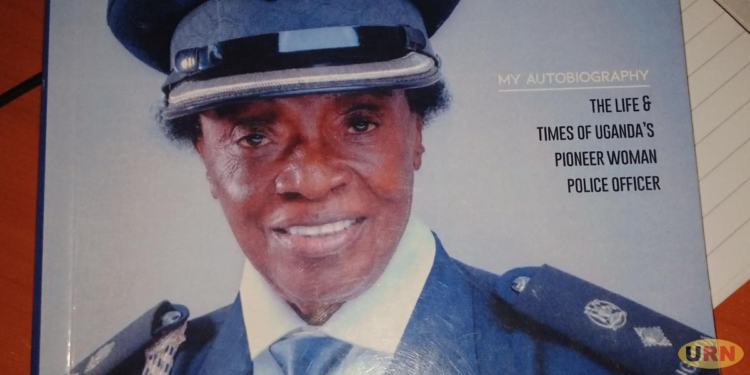Uganda has lost not just a retired officer but a warrior, a trailblazer, a woman who defied every obstacle thrown in her path. Retired Superintendent of Police Pauline Maniraguha Bangirana, the first woman to ever wear the Uganda Police uniform, has passed away at the age of 85. And yet, as the country mourns, one haunting question lingers—will Uganda Police honour her as she deserves?
Imagine stepping into a world where you are unwanted, where your mere presence is seen as an anomaly. That was the Uganda Police Force of 1960—a male-dominated institution where women were considered too weak, too soft, too unfit for duty. Yet, at a time when society dictated otherwise, Bangirana dared to challenge the impossible. Alongside fellow recruit Rukidi, she shattered a glass ceiling so thick that many believed it could never be broken.
But make no mistake—her journey was anything but easy. The Uganda Police Force did everything in its power to remind her that she was an outsider. Marriage? You needed permission. Pregnancy? A crime punishable by dismissal. The system was designed to break her, to keep women out of the force by making the cost of service unbearable. But Bangirana was unshakable.
In 1965, after securing approval to marry, she became pregnant—a joyous moment for any woman, yet in Uganda Police, it was a death sentence for her career. Police Standing Order Chapter 3 dictated that pregnant officers must resign or be dismissed. But she was not one to bow. She fought back, taking her case directly to the Inspector General of Police, Erinayo Wilson Oryema. Against all odds, she won. She became the first female officer to receive maternity leave, a turning point that changed the fate of all women in uniform.
Even in retirement, Bangirana did not rest. She refused to let history forget the women who fought to exist in the force. In 2022, she penned To Be Shrewd Without Appearing a Shrew, a fearless account of the struggles and victories that shaped Uganda’s law enforcement history. She spoke not just of the injustices but of the triumphs—of the day women rose to senior command, taking positions that had once been deemed impossible.
Now, as Uganda Police debates whether to give her an official burial, the silence is deafening. Is this how we treat pioneers? If Uganda Police fails to honour her, it will not be Bangirana’s legacy that is tarnished—it will be theirs.
She was more than a police officer. She was a fighter. A revolutionary. A woman who refused to be erased. Uganda owes her a debt of gratitude, and now, in death, the nation must answer—will it stand in honour, or will it turn its back on a hero?







Discussion about this post